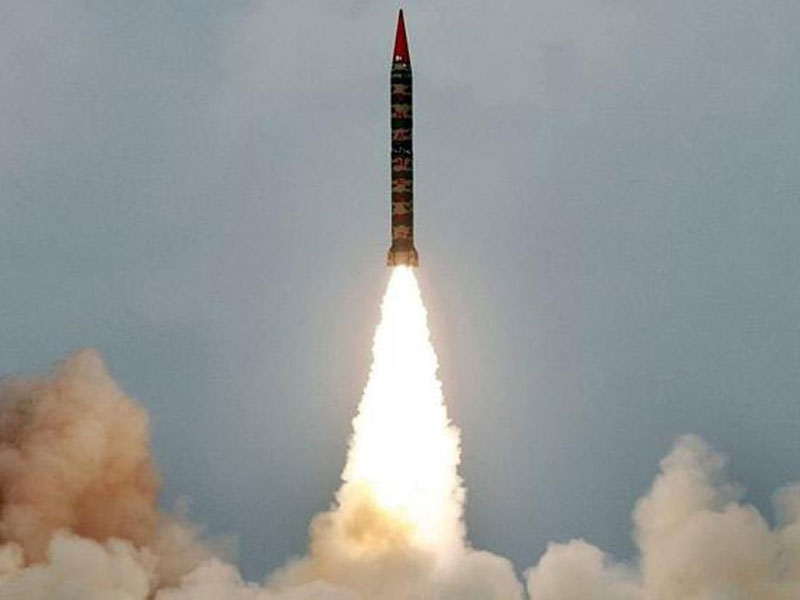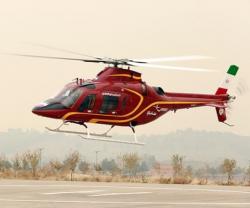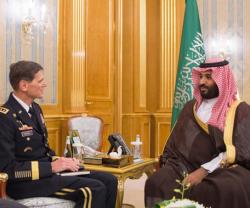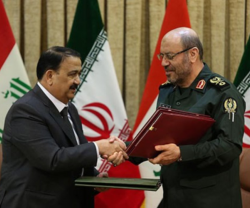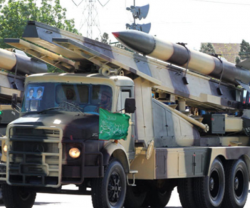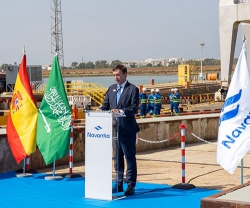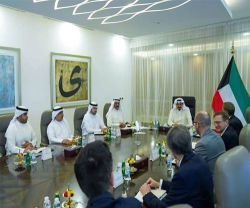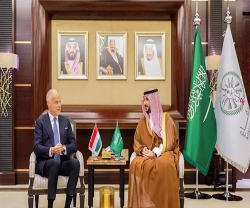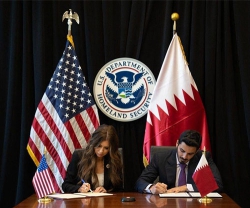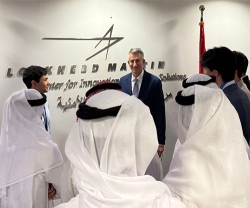Sunni Arab states are increasingly concerned over a deal with Iran backed by US President Barack Obama, which they fear could allow Tehran to develop a nuclear bomb, said a report in the Gulf Daily News (GDN).
Former Saudi Intelligence Chief Prince Turki bin Faisal told a recent conference in South Korea: “Whatever the Iranians have, we will have, too.”
A senior British Military Officer also told the paper that Western military leaders “all assume the Saudis have made the decision to go nuclear.”
“The fear is that other Middle Eastern powers - Turkey and Egypt - may feel compelled to do the same and we will see a new, even more dangerous, arms race.”
Saudi Arabia has supported Islamabad's nuclear program over the past three decades, providing Pakistan's government with billions of dollars of subsidized oil.
Meanwhile, Saudi-led airstrikes targeting Yemen’s Houthi militias, resumed on Monday and fierce clashes were underway across the impoverished country after a five-day truce expired.
The cease-fire had been repeatedly violated, with both the Houthis and Saudi-backed forces loyal to exiled Yemeni President Abdrabbu Mansour Hadi trading blame for the continued violence.
U.N. Secretary-General Ban Ki-moon hopes to convene a peace conference on Yemen in the near future, but wants the fighting to stop before he sends out invitations, his spokesman said.
U.N. deputy spokesman Farhan Haq also said Yemen’s health facilities reported higher casualties from the conflict which “are likely to be underestimates” - 1,820 people killed and 7,330 wounded since March 19. He said aid groups estimate that more than 545,000 people were displaced between March 26, when the airstrikes began, and May 7.
Source: Sunday Times; Reuters

